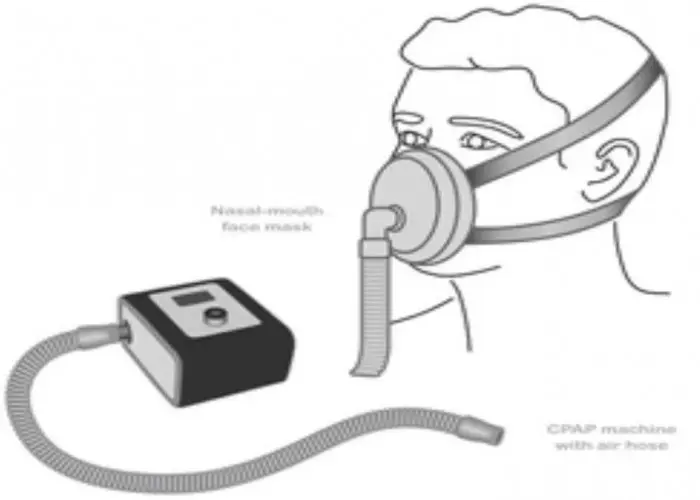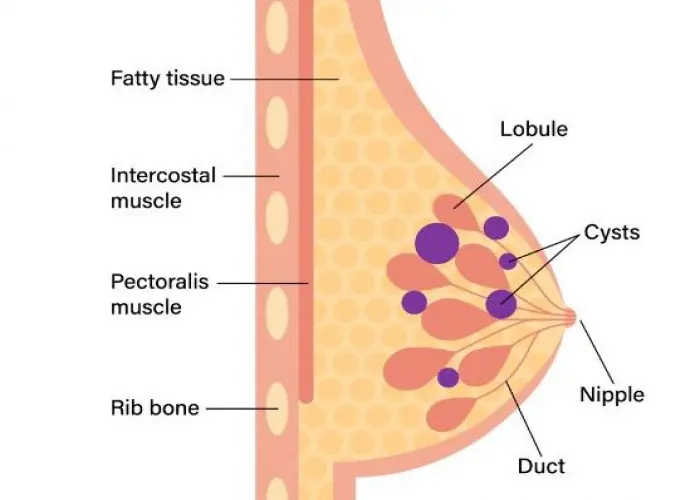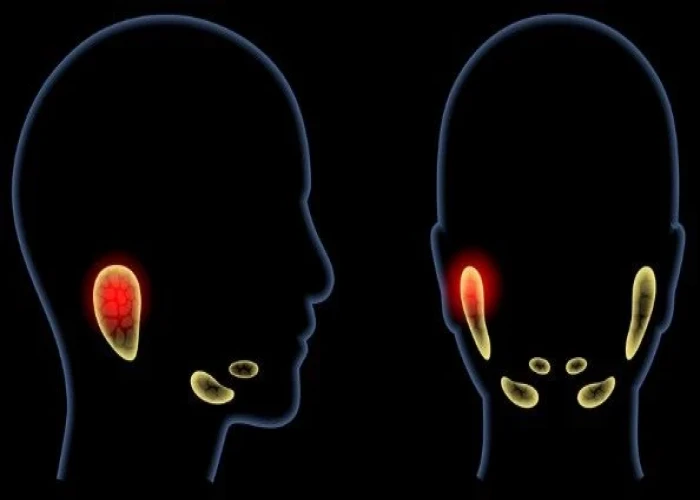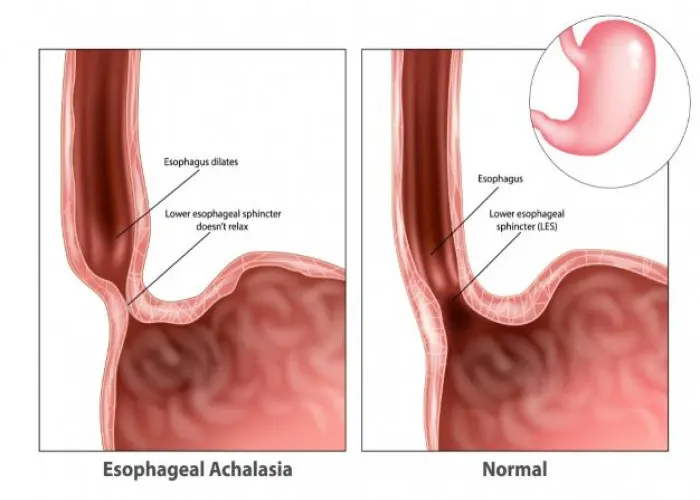 Welcome
Welcome
“May all be happy, may all be healed, may all be at peace and may no one ever suffer."
Muscle cramp

A muscle cramp is a sudden, involuntary contraction or tightening of a muscle, which can be painful and cause temporary disability. Cramps can occur in any muscle, but are most common in the legs, feet, and hands. They can last anywhere from a few seconds to several minutes, and may occur repeatedly over a period of time.
The exact cause of muscle cramps is not always clear, but some common factors that can trigger cramps include:
- Dehydration
- Electrolyte imbalances, such as low levels of potassium, calcium, or magnesium
- Overuse or strain of muscles during exercise or physical activity
- Poor blood circulation to the affected area
- Certain medications, such as diuretics or statins
- Medical conditions, such as diabetes or thyroid disorders
Muscle cramps can often be treated at home with simple measures, such as stretching and massaging the affected muscle, applying heat or cold to the area, and drinking fluids to rehydrate. Over-the-counter pain relievers, such as ibuprofen or acetaminophen, may also help relieve pain.
Preventing muscle cramps can involve staying hydrated, maintaining balanced electrolytes through a healthy diet or supplements, stretching and warming up properly before physical activity, and avoiding overexertion of muscles. In some cases, treating an underlying medical condition or adjusting medications may also help prevent muscle cramps.
If muscle cramps occur frequently, last for an extended period of time, or are accompanied by other symptoms such as swelling, redness, or muscle weakness, it is important to seek medical attention, as these may be signs of a more serious underlying condition.
Research Papers
Disease Signs and Symptoms
- Muscle cramps
- Swollen leg
- Muscle weakness
Disease Causes
Muscle cramp
Overuse of a muscle, dehydration, muscle strain or simply holding a position for a prolonged period can cause a muscle cramp. In many cases, however, the cause isn't known.
Although most muscle cramps are harmless, some may be related to an underlying medical condition, such as:
- Inadequate blood supply. Narrowing of the arteries that deliver blood to your legs (arteriosclerosis of the extremities) can produce cramp-like pain in your legs and feet while you're exercising. These cramps usually go away soon after you stop exercising.
- Nerve compression. Compression of nerves in your spine (lumbar stenosis) also can produce cramp-like pain in your legs. The pain usually worsens the longer you walk. Walking in a slightly flexed position — such as you would use when pushing a shopping cart ahead of you — may improve or delay the onset of your symptoms.
- Mineral depletion. Too little potassium, calcium or magnesium in your diet can contribute to leg cramps. Diuretics — medications often prescribed for high blood pressure — also can deplete these minerals.
Disease Prevents
Muscle cramp
These steps may help prevent cramps:
- Avoid dehydration. Drink plenty of liquids every day. The amount depends on what you eat, your sex, your level of activity, the weather, your health, your age and medications you take. Fluids help your muscles contract and relax and keep muscle cells hydrated and less irritable. During activity, replenish fluids at regular intervals, and continue drinking water or other fluids after you're finished.
- Stretch your muscles. Stretch before and after you use any muscle for an extended period. If you tend to have leg cramps at night, stretch before bedtime. Light exercise, such as riding a stationary bicycle for a few minutes before bedtime, also may help prevent cramps while you're sleeping.
Disease Treatments
You can usually treat muscle cramps with self-care measures. Your doctor can show you stretching exercises that can help you reduce your chances of getting muscle cramps. Making sure you stay well-hydrated also can help. For recurrent cramps that disturb your sleep, your doctor might prescribe a medication to relax your muscles.
Lifestyle and home remedies
If you have a cramp, these actions may provide relief:
- Stretch and massage. Stretch the cramped muscle and gently rub it to help it relax. For a calf cramp, put your weight on your cramped leg and bend your knee slightly. If you're unable to stand, sit on the floor or in a chair with your affected leg extended.
- Try pulling the top of your foot on the affected side toward your head while your leg remains in a straightened position. This will also help ease a back thigh (hamstring) cramp. For a front thigh (quadriceps) cramp, use a chair to steady yourself and try pulling your foot on the affected side up toward your buttock.
- Apply heat or cold. Use a warm towel or heating pad on tense or tight muscles. Taking a warm bath or directing the stream of a hot shower onto the cramped muscle also can help. Alternatively, massaging the cramped muscle with ice may relieve pain.
Alternative medicine
Some suggest taking vitamin B complex supplements to help manage leg cramps. However, more research is needed to confirm this benefit.
Preparing for your appointment
Make an appointment with your doctor if you have muscle cramps that are severe, frequent and not getting better with self-care.
Here's some information to help you get ready for your appointment.
What you can do
When you make your appointment, ask if there's anything you need to do in advance. Make a list of:
- Your symptoms, including any that seem unrelated to the reason for your appointment
- Key personal information, including major stresses, recent life changes and family medical history
- All medications, vitamins and supplements you take, including dosages
- Questions to ask your doctor
Take a family member or friend along, if possible, to help you remember the information you receive.
For muscle cramp, some basic questions to ask your doctor include:
- What's likely causing my cramps?
- Are there other possible causes?
- What tests do I need?
- Is my condition temporary or chronic?
- What's the best course of action?
- What alternatives are there to the approach you're suggesting?
Disease Diagnoses
Disease Allopathic Generics
Disease Ayurvedic Generics
Disease Homeopathic Generics
Disease yoga
Muscle cramp and Learn More about Diseases

Ebstein anomaly

Central sleep apnea

Fibrocystic breasts

Pink eye (conjunctivitis)

Mumps

Hiccups

Horner syndrome

Achalasia
muscle cramp, পেশী শিরটান
To be happy, beautiful, healthy, wealthy, hale and long-lived stay with DM3S.
